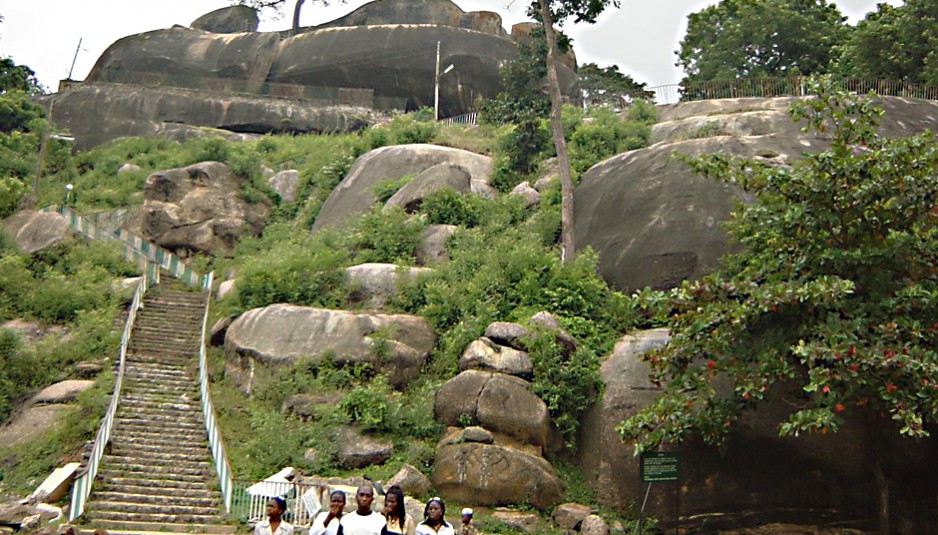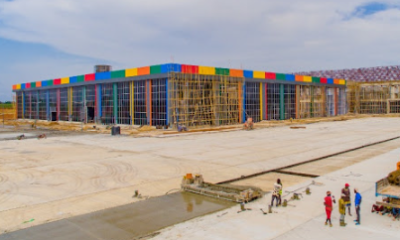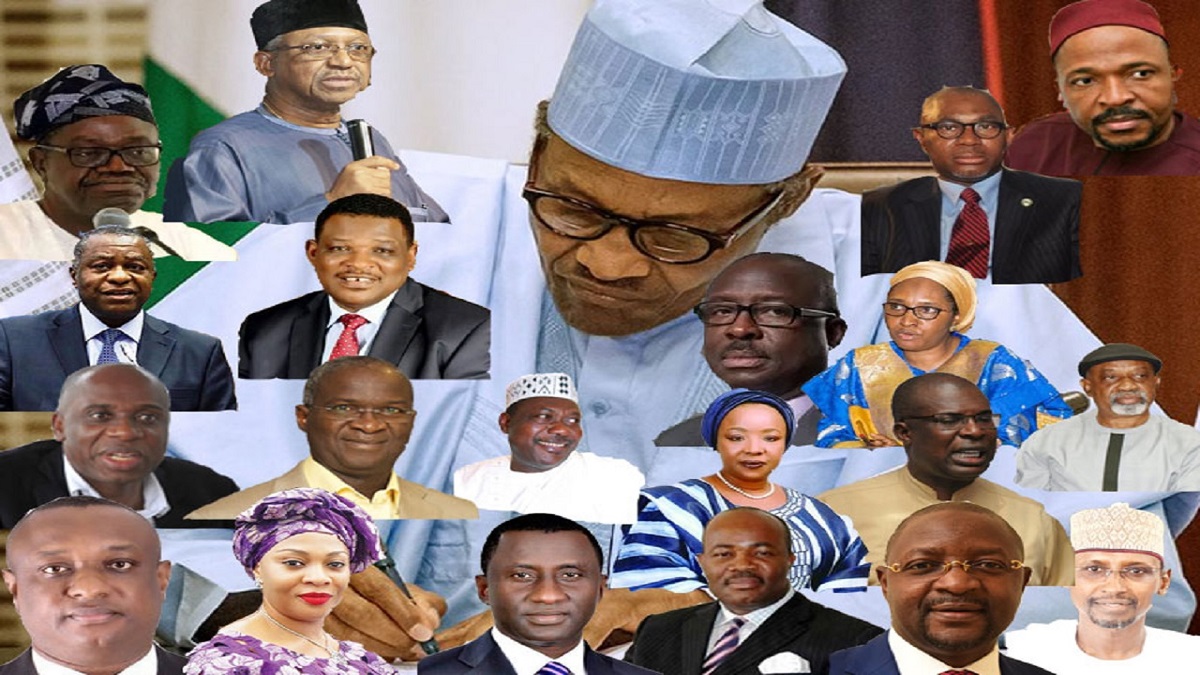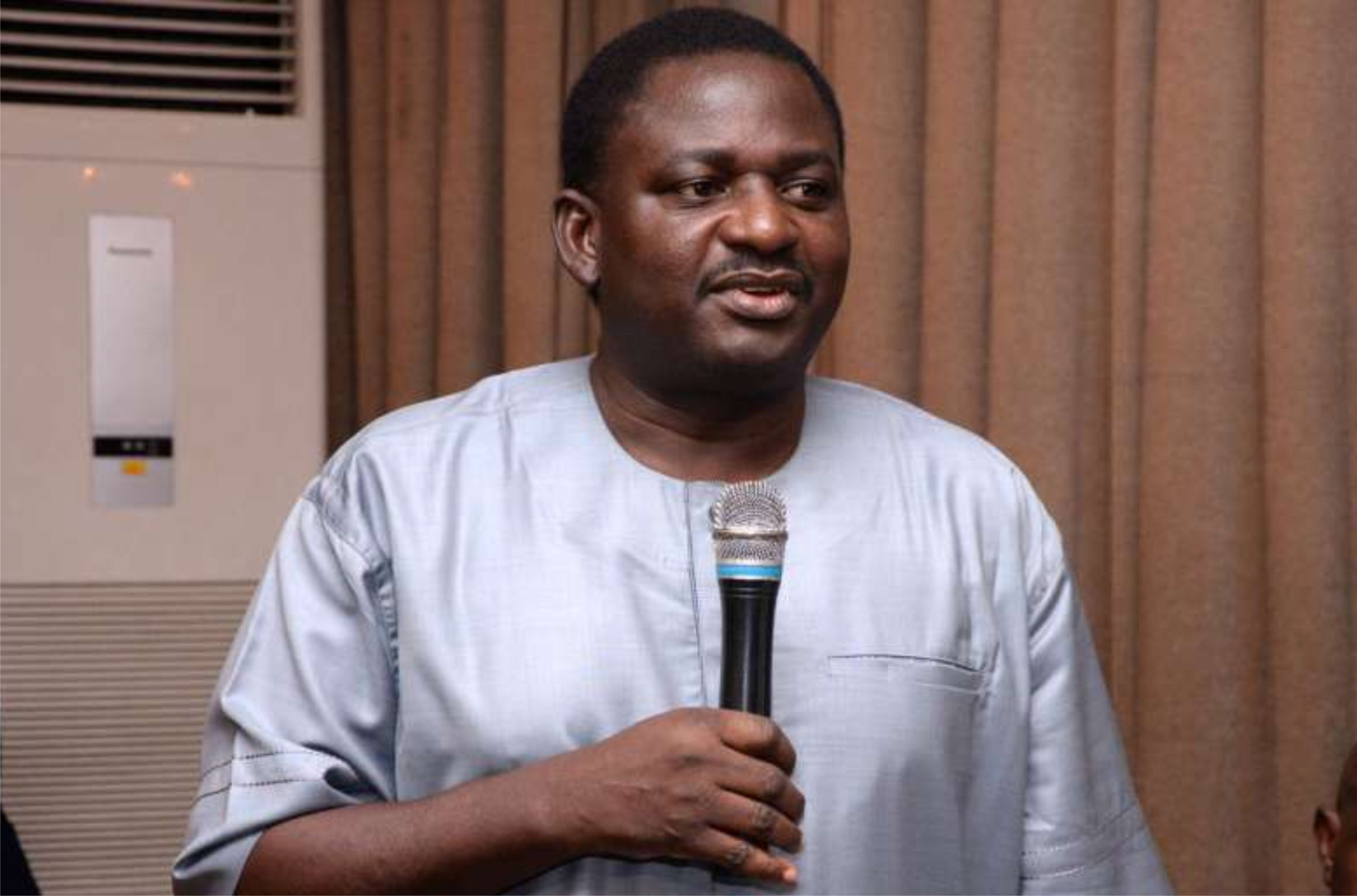By ISAAC TERSOO AGBER
TOURISM is the missing link in the diversification agenda of Nigeria’s economy, considering the poor attention accorded to the industry by the federal government in recent time, experts have posed.
With the recent development in the Nigerian tourism industry where the President Muhammadu Buhari led administration scrapped the ministry of Culture and Tourism. It has become imperative for tourism stakeholders in the country to define the path for the industry in an economy that undergoes diversification.
It was against this development that the recently concluded Nigeria Association of Tour Operators, NATOP Annual General Meeting in Calabar with the theme, “Nigeria Tourism: The missing link in a diversified economy dwelt extensively on the way forward for the country’s tourism industry against the scrapping of the ministry by the federal government.
The scrapping of the tourism ministry may not be unconnected with the lip service paid by successive administrations to the growth and development of the sector in the country. This was also compounded by the meager contribution of the tourism industry to the Gross Domestic Product, GDP of the country.
ALSO SEE: oni shops support for Ife as tourism zone
In his remarks at the AGM in Calabar, the minister of Information and Culture, Alhaji Lai Mohammed has observed that the tourism sector in very key in the federal government’s ongoing diversification of the economy.
Lai Mohammed stated that in order to boost tourism and give it the required impetus in contributing to Nigeria’s Gross Domestic Product, GDP, the federal government has taken the ranking of tourism among the six priority sectors of the economy and the review of the National tourism policy 1990.
Others include the provision of attractive incentives for prospective investors, encouraging Public Private Partnership and launching of the Nigerian Tourism Development Master Plan.
The minister of information and Culture said in the days ahead, it shall be bringing all stakeholders together in Calabar to chart a definite path forward.
In his welcome address, the President of Nigeria Association of Tour Operators, NATOP, Mr. Nkereuwem Onung stated that the conference has come at the right time when it appears that tourism is not a priority on the agenda of the present administration which is demonstrated by the scrapping of the federal ministry of tourism.
He observed that this is also necessitated by the fact that despite the potential of Nigerian Tourism, the county’s tourism policy makers have not seen it as alternative to oil with an earning capacity of over $7billion annually.
He expressed the hope that after the conference, NATOP will attempt to deliver on her mandate of contributing to the development and promotion of Nigerian tourism through strong advocacy, policy implementation, engagement with government and other relevant bodies or persons within and outside the country.
ALSO SEE: Tourism boss reiterates commitment to promote Kano State
In her presentation on the role of creative industry in the development and promotion of Nigeria Tourism with reference to the National Council of Arts and Culture, NCAC’s mandate by its director general, Mrs. DayoKeshi explained that over the last 40 years, the National Council of Arts and Culture has continued to leverage on Nigeria’s art crafts and culture to serve as a veritable resource for promoting national unity and integration as well as a catalyst for job and wealth creation.
According to her, this is achieved through its programs and activities, especially with its flagship, the annual National Festival of Arts and Culture, NAFEST involving all the states of the federations and FCT.
She disclosed that the NCAC beyond scalling up the expo and introducing new innovations to make NAFEST better organised, more attractive and crowd pulling has ambitious plans to introduce more festivals between now and 2017 like National Durbar, National Boat Regatha Festivals, National Masquerade Festival, Festival of Nigerian Contemporary Arts, National Folks Songs Festival and Traditional Textiles and Fashion.
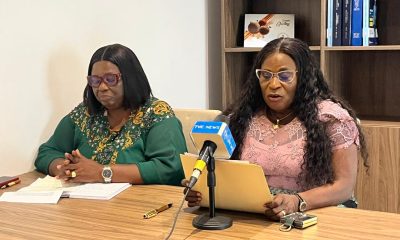
 Latest1 week ago
Latest1 week ago
 News1 week ago
News1 week ago
 Business6 days ago
Business6 days ago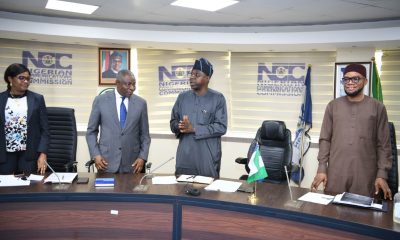
 Business1 week ago
Business1 week ago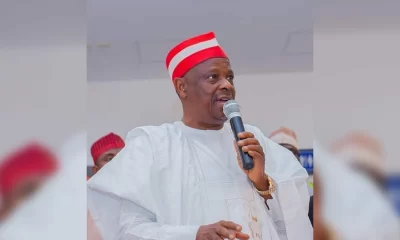
 Latest1 week ago
Latest1 week ago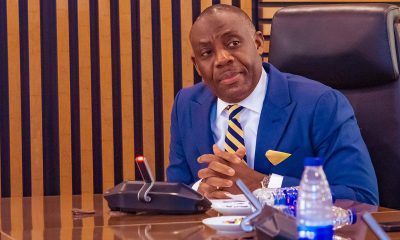
 Education1 week ago
Education1 week ago
 Business6 days ago
Business6 days ago
 Football1 week ago
Football1 week ago
